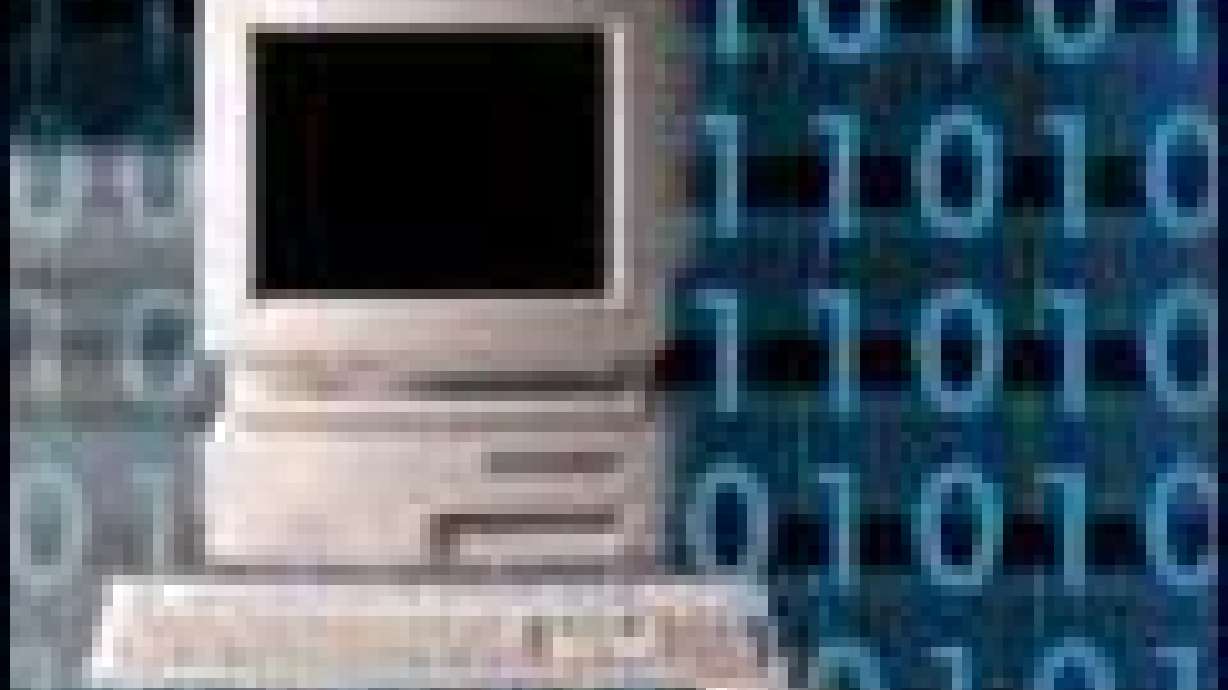Estimated read time: 2-3 minutes
This archived news story is available only for your personal, non-commercial use. Information in the story may be outdated or superseded by additional information. Reading or replaying the story in its archived form does not constitute a republication of the story.
Researchers at the University of Utah have discovered a new way to process data through electricity. If you thought your computer was fast now, just imagine if this technology gets off the ground.
One of the most basic forms of computer programming is through binary files, putting ones and zeros together in the right way to make data. Physicists say it takes roughly a million electrons in an electrical current to move just one binary digit. So imagine if that process was much more efficient.
"You have memory, one bit that is represented by one electron, and that's it," said University of Utah assistant physics professor Christoph Boehme. He says his team has controlled an electrical current through an electron's spin, or magnetic presence. He says all you have to do is read whether the electron has a north or south magnetic signature.
"Say, if the North Pole points up, it's one; and when the South Pole points up then it's zero, or vice versa. It's purely random what you define, but you have to stick to your definition, and that represents information. It's a bit. It's a binary digit," he said.
But computers don't "read" electricity. You would need to have a mechanism to read its spin. U physics professor John Lupton said, "We've unraveled or discovered the mechanism rather than created it. Nature created the mechanism."
He says organic materials, like benzene complexes similar to what we put in our gas tanks, can read the spin of the charge, thereby reading the binary digit. "We have many, many of these benzene rings stuck together in linear chains. Really, think about it like molecular spaghetti," he said.
Boehme and Lupton are not promising this technology could be used for faster computing in the next few months or even the next few years. Any device using this technology is very far off. But the technology does look promising.
PC Laptops CEO Dan Young said, "Maybe you'll see the merging of organics and machine, maybe a little bit more like the Borg on Star Trek."
He says it won't affect how fast you can download things online. That depends on bandwidth, not electricity. But the processes inside the computer could zip right along. "They seem to affect mathematical calculations when you're talking engineering or doing simulations, or gaming. That seems to be the big hunger now with faster processors," he said.
Young does have one concern. He says a lot of electrons could be lost through leakage.
E-mail: pnelson@ksl.com








